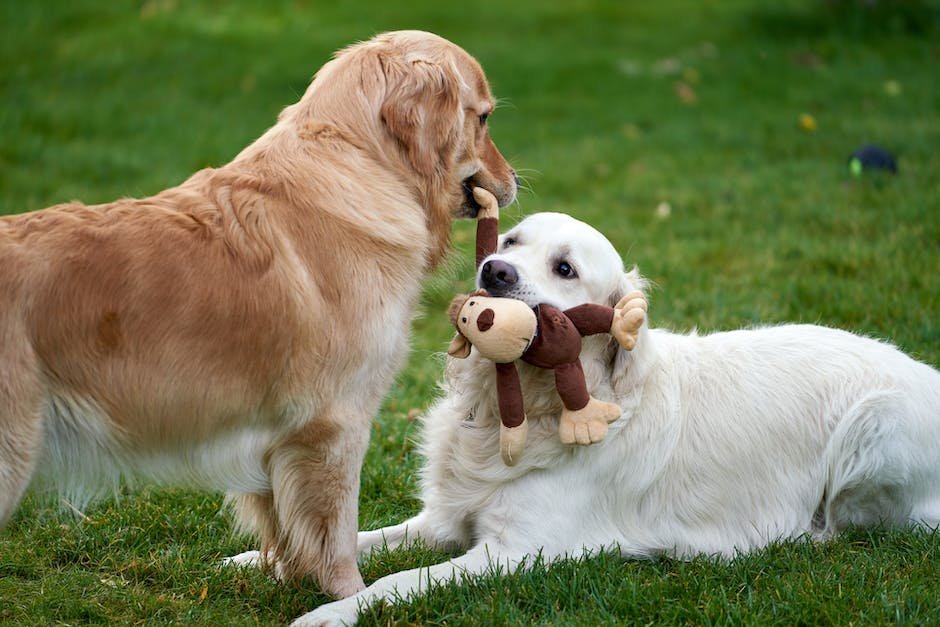Many people believe that eating sausage is bad for your dog. This myth comes from an assumption or stereotype about dogs being hungry, and sausages containing fat, which most dogs are not usually craving.
Many popular diets require meat as one of the main ingredients. Since many dogs do not eat too much vegetarian food, some assume that if you give your dog sausagelike material, then he will also reject it.
This article will talk about the truth about sausage and dogs. It may even change your opinion about them!
There is no reason to avoid cooked meats in general, nor raw chicken, beef, or pork specifically, unless your dog has a known allergies.
Read the labels

The term “sausage” can be confusing, so before you choose to give your dog sausage as either an ingredient or food, read the label!
Sausages contain meat (usually pork) that has been mixed with other ingredients such as sweeteners, salt, and spices. This mixture is then cooked until it forms a dense product.
The word “meat” does not clearly describe what kind of animal protein each sausage contains. Some sausages have chicken, fish, or no meat at all in them!
Some dogs are very sensitive to yeast, which can cause a digestive problem or even allergic reactions in some cases. Yeast is an important part of most living things, including humans.
Avoid processed meat

Many people believe that dogs cannot eat sausages or other processed meats because of the high sugar content. This theory is false!
Processed meats contain very little carbohydrate, but they are not appropriate food for most dog diets. The main component of processed meat products is protein.
Many proteins found in processed meat can be difficult to digest for some dogs. These poorly digested proteins may enter your dog’s blood stream as foreign material, which could cause health problems.
Too much sodium
While most dogs love sausage, some dogs have very strong tastes that are allergic to it. For these dogs, the flavor can be too powerful and they may develop vomiting or diarrhea.
Dogs with food allergies might also experience skin reactions such as hives or red bumps. Fortunately, you don’t need to go through all of this trouble unless your dog is seriously ill.
Sadly, there are many recipes in stores that contain large amounts of salt which could make the problem worse. The average one-pound package of chicken sausages has around 500–600 mg of sodium!
This article will tell you how to cook delicious homemade sausages without using any added ingredients or salts.
Too much fat

Many dog foods contain too much fat, which can be problematic for dogs that are very active or suffer from obesity.
Many meat-based diets contain large amounts of processed animal fats (PAFs) such as lard or butter to give flavor and/or help bind the food together. These types of oils are sometimes referred to as “meat” fats since they are made out of organic matter extracted from slaughtered animals.
However, most of these fats do not belong in a canine diet due to their high quantity of saturated fat. As you may have read before, we humans need some degree of cholesterol to survive, but that isn’t the case for our furry friends!
A small amount of dietary cholesterol is needed to ensure your dog has enough beta-cholesterol to aid in blood clot formation and heart health.
Badly cooked

Many people believe that sausage is totally bad for dogs, but this isn’t true! However, eating too many sausages or poorly cooked sausages can be harmful to your dog.
Sausages contain some raw meat and/or fat along with other ingredients such as dried fruits, vegetables, and preservatives. When baking or boiling a sausage, it needs to be seared or warmed through before being eaten by your dog.
Too much raw meat in the diet or poor quality protein may cause nutritional deficiencies in your dog. This could result in health problems like diarrhea, weight loss, dry skin and mouth, lethargy, or vomiting.
It is very important to bake or broil a sausage properly to prevent food allergies or digestive issues. Unfortunately, there are no national standards or regulations requiring what temperature sausages should be baked or grilled at.
Reactions to sausage

Many dogs love eating sausages, but unfortunately not all types of meat are healthy for your dog. Some dogs seem to enjoy sausage more than others do, which can sometimes lead to an allergic reaction.
Some dogs have very sensitive stomachs that may be overwhelmed or triggered by the spice content in some sausagemakes.
The texture and shape can also play a factor in what kind of reactions your dog will get. For example, if you like bangers (the shorter link style sausages) then maybe get one for your dog as a treat! But if they’re longer then she might choke down half of it, so make sure her mouth is able to close fully.
If your dog has an allergy to chicken-based foods, then pork products may be safe for them, though still with care. Check with your vet first as allergies are individualized.
Sensitive dogs who eat cheese often report digestive issues afterwards, so be careful about adding fermented dairy into their diets too.
Nutritional value

Many dogs’ diets contain too much sugar, which can contribute to obesity. Nutritionists agree that it is very easy to overfeed a dog and most dogs are not really hungry or thirsty at times, so they will keep eating and drinking even if they are not.
Many of these foods also contain large amounts of salt, which can cause water retention and health issues such as heart disease in humans.
Dogs are built on muscle and bone and retain water proportionally to their body size. Too much salty food can add weight to your dog and make them feel bloated. This could be psychologically uncomfortable for your dog.
Furthermore, some preservatives and additives found in commercially prepared meat products may potentially have harmful effects on dogs’ hearts and circulations.
Will my dog die if she eats sausage?

Even though dogs are not human, they still need to be made of sturdy bone and muscle tissue to survive!
Dogs are built on cartilage which is comprised mostly of water and protein. When eating large amounts of meat, especially red meats like beef or pork, the stomach will process and digest the proteins in the meat before moving onto other foods.
The digestion process can sometimes leave small pieces of raw meat that do not fully broken down in your dog’s digestive system. These undigested particles are what most people refer to as “trash” or “refuse” material when talking about food waste.
However, this garbage does not completely disappear after digestion- some is stored in the intestines where it can ferment and put pressure on the gut lining. If enough pressure is applied, the intestinal wall could rupture, allowing the contents to leak out into the body. This would potentially enter the circulatory system, being absorbed by the blood or exiting the body entirely.
Either way, it is important to know how much raw meat your dog has been eating so we can determine how serious an illness might occur.









